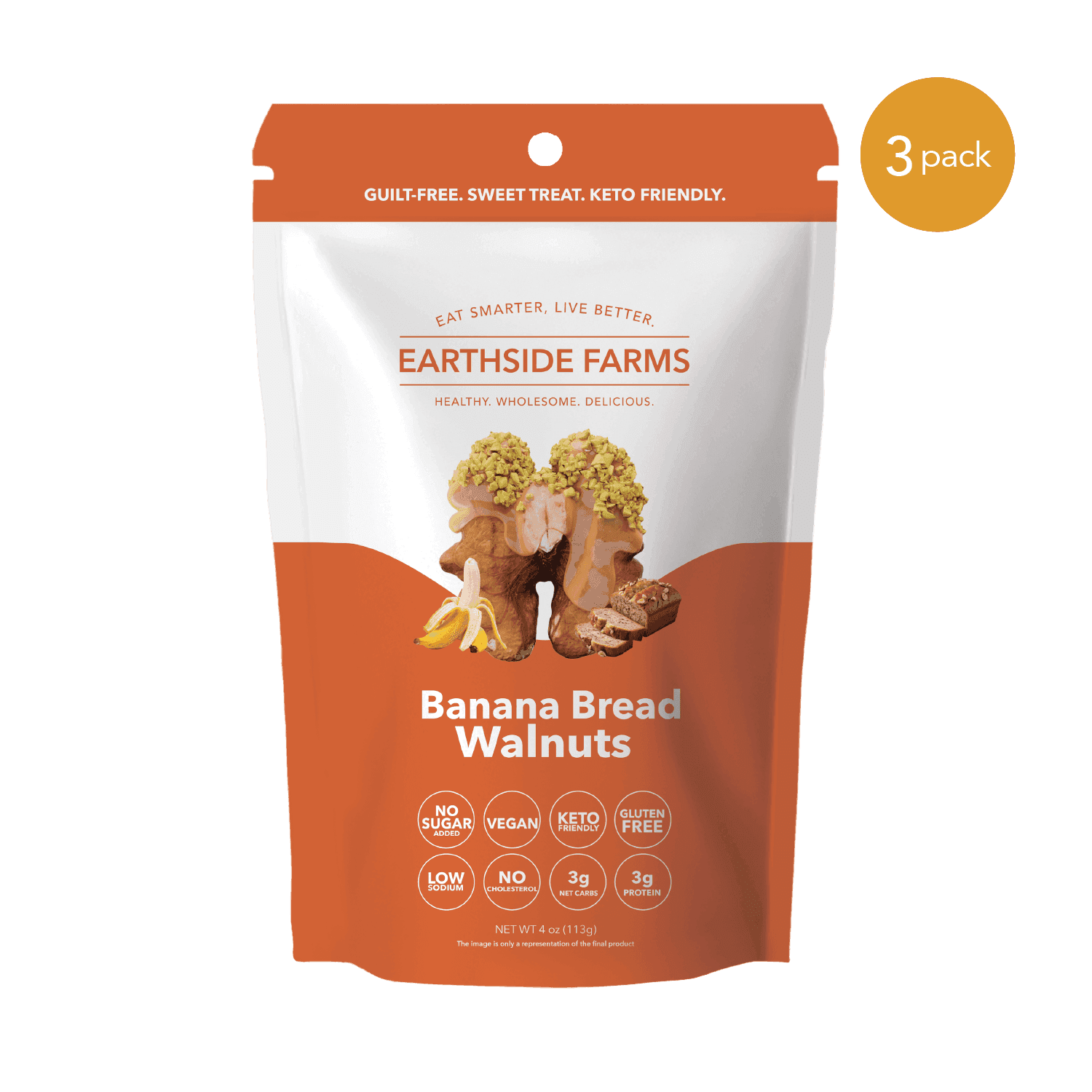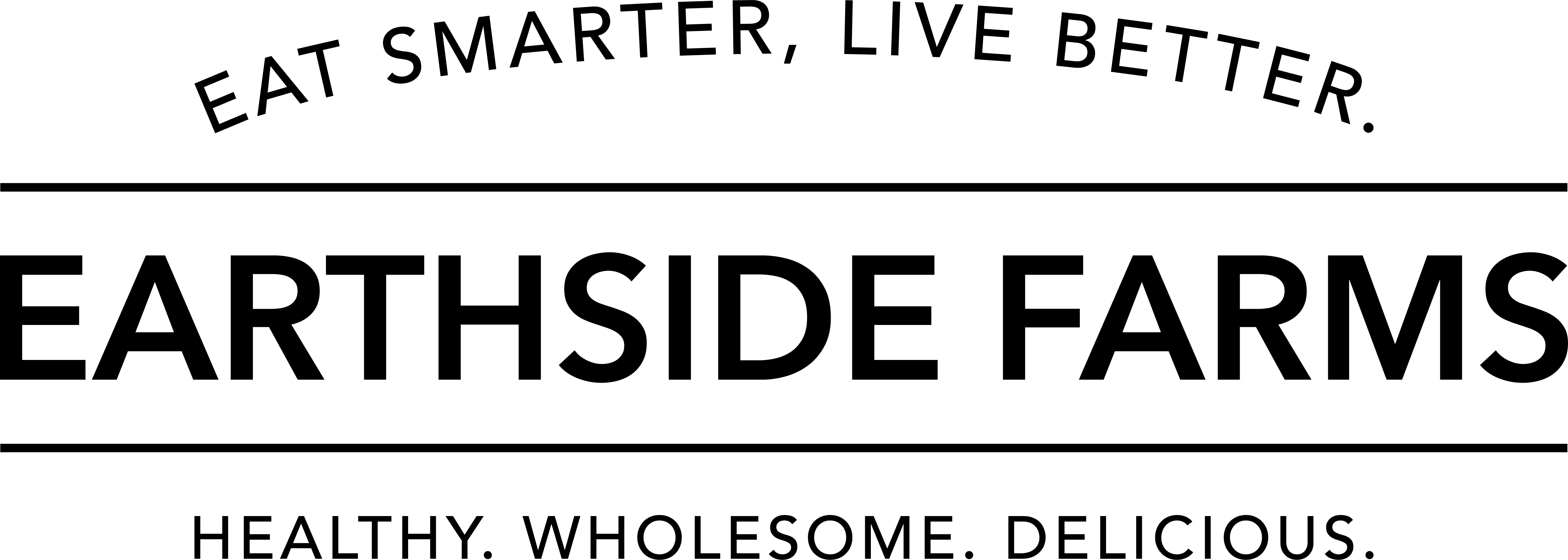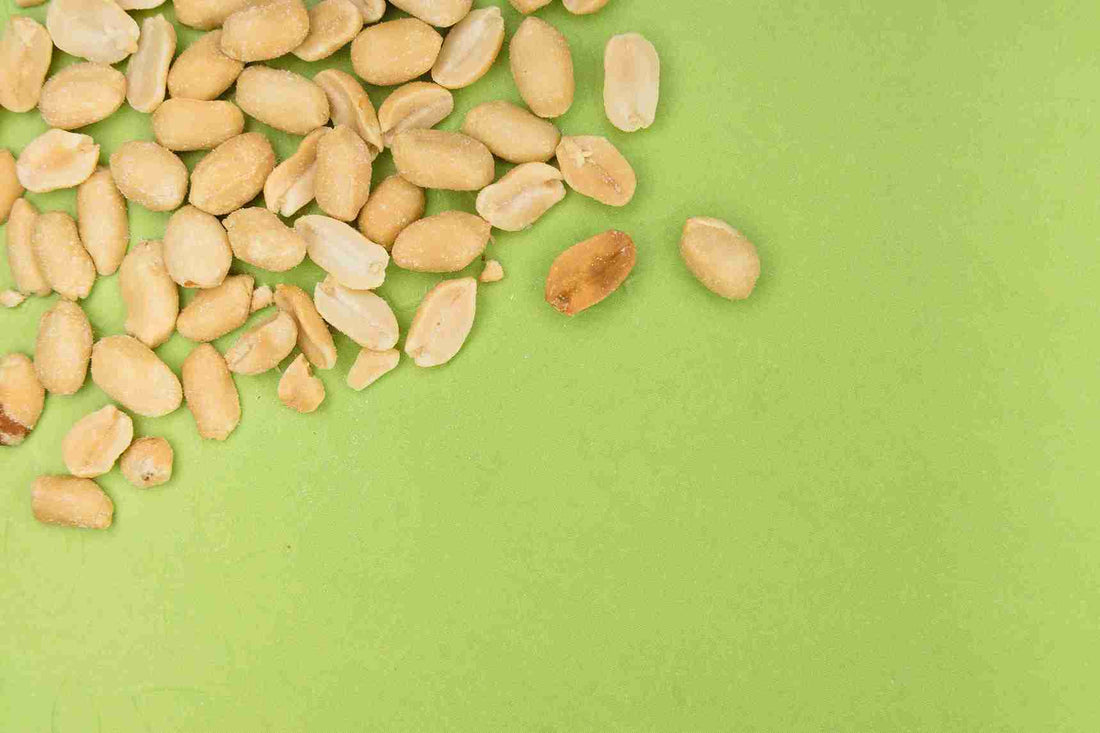Who doesn’t like peanuts?
That would be nuts!
Not only are peanuts a delicious and crave-worthy snack, but they also have a lot more nutritional punch than you could ever imagine.
From protein to antioxidants, heart-healthy fats, and more, they have everything you need.
Let’s explore the benefits of peanuts and why they deserve a spot in your daily diet.
Quick Skim on Benefits of Peanuts
An overview of all the amazing benefits you can enjoy by including peanuts in your diet:
|
Health Benefit |
Description |
|
Peanuts are nutrient-dense |
High in protein, healthy fats, fiber, vitamins (B, E), and minerals like magnesium and zinc |
|
Help with weight management |
Promotes fullness, supports calorie control, and may aid weight loss without causing fat gain |
|
Boost your heart health |
Lowers LDL cholesterol, raises HDL, supports blood vessel function, and reduces inflammation |
|
Combats oxidative stress & aging |
Contains resveratrol, p-coumaric acid, and flavonoids to combat oxidative stress and aging |
|
Keeps blood pressure and sugar in check |
Magnesium and fiber help regulate blood pressure and maintain stable blood sugar levels |
Nutritional Profile of Peanuts
Peanuts have that crunchy appeal, but that’s not the only reason why we call them amazing.

They are packed with essential nutrients that fuel your body with countless health benefits.
Here’s a detailed breakdown of the nutrients present in a 100-gram serving of peanuts:
|
Nutrient |
Amount |
% Daily Value (DV) |
|
Calories |
567 kcal |
28% |
|
Protein |
25.8 g |
52% |
|
Total Fat |
49.2 g |
76% |
|
Saturated Fat |
6.28 g |
31% |
|
Monounsaturated Fat |
24.43 g |
35.8% |
|
Polyunsaturated Fat |
15.56 g |
16% |
|
Carbohydrates |
16.1 g |
5.3% |
|
Net Carbs |
7.6 g |
2.8% |
|
Fiber |
8.5 g |
34% |
|
Sugars |
4.7 g |
9.4% |
|
Magnesium |
168 mg |
40% |
|
Potassium |
705 mg |
21% |
|
Iron |
4.6 mg |
57% |
|
Zinc |
3.3 mg |
30% |
|
Copper |
1.1 mg |
127% |
|
Manganese |
1.9 mg |
84% |
|
Vitamin E |
8.3 mg |
56% |
|
Folate |
240 µg |
60% |
|
Vitamin B3 (Niacin) |
12 mg |
75% |
Help With Weight Loss
Peanuts are the perfect partners for your weight loss journey.
Yes, they’re calorie-dense and packed with fats, but when eaten mindfully, they can do wonders.
Peanuts’ ability to promote satiety is just incredible.

Their combination of protein, fiber, and healthy fats slows digestion and keeps you full.
This reduces the urge to snack excessively.
Additionally, the protein and monounsaturated fats in peanuts may boost metabolism slightly by increasing calorie burning.
Some studies indicate that people who regularly eat nuts, including peanuts, tend to have lower body weights and reduced risk of obesity.
Moreover, not all calories from peanuts are fully absorbed.
Some peanut fragments remain partially undigested as they pass through the digestive tract, which can reduce overall calorie uptake.
Boost Your Heart Health
Consider peanuts the friend who cares about your heart the most.

They are rich in monounsaturated and polyunsaturated fats, which help reduce LDL (bad) cholesterol and increase HDL (good) cholesterol.
Moreover, they support blood vessel function and reduce inflammation, which lowers the risk of heart disease.
A comprehensive meta-analysis, including the ARISTOTLE study, found that regular peanut consumption improves lipid profiles without significantly increasing body mass index (BMI).
Peanuts also contain essential minerals, such as magnesium, copper, and niacin, which contribute to cardiovascular health
Antioxidants and Disease Prevention
Peanuts are rich in antioxidants and bioactive compounds.
Oxidative stress occurs when free radicals (unstable molecules produced during metabolism or as a result of environmental exposure) damage cells, DNA, and tissues.

This damage is linked to aging and the development of chronic diseases such as cancer, heart disease, and neurodegenerative disorders.
Peanuts contain several potent antioxidants, including resveratrol, p-coumaric acid, and flavonoids that can help fight back.
Dr. Frank Hu, professor of nutrition and epidemiology at the Harvard School of Public Health, tells us:
“We found (from our study) that people who ate nuts every day lived longer, healthier lives than people who didn’t eat nuts.”
Resveratrol, also found in red wine, has been studied for its anti-inflammatory and anti-cancer properties, while p-coumaric acid helps neutralize harmful free radicals.
These antioxidants work together to reduce oxidative damage and support overall cellular health.
Potential Risks and Allergies
Don’t let the benefits overshadow the risks.

Here are some key risks to consider.
Peanut Allergies
Peanut allergy is one of the most common ones.
It affects about 1% of the population.
Allergic reactions can range from mild symptoms like itching and hives to life-threatening anaphylaxis, which requires immediate medical attention.
For those with peanut allergies, even trace amounts can trigger serious reactions, so strict avoidance is essential.
Aflatoxin Contamination
Peanuts can sometimes be contaminated with aflatoxins.
These toxins are produced by certain molds growing on improperly stored peanuts.
Aflatoxins are harmful to the liver and are linked to an increased risk of liver cancer.
Proper harvesting, drying, and storage minimize this risk, and regulatory agencies monitor peanut products to keep contamination low.
Antinutrients
Peanuts contain phytic acid and other antinutrients.
These reduce the absorption of minerals like iron and zinc.
While this is rarely a concern in balanced diets, people relying heavily on plant-based foods without diverse nutrition sources may need to consider this.
Digestive Issues
Eating large amounts of peanuts can cause digestive discomfort.
If you have a sensitive digestive system, you can also be affected by this discomfort.
Therefore, it's always a sensible step to consume only the recommended serving size of peanuts.
Be Careful With Pets
While peanuts are safe for most humans, pet owners should exercise caution.
Dogs can eat plain, unsalted peanuts in moderation.
But products with added sugars, salts, or artificial sweeteners like xylitol are harmful and must be avoided.
How to Include Peanuts in Your Diet

Here are practical ways to enjoy peanuts while keeping your nutrition on track:
-
Stick to about 1 ounce (a small handful) per serving to balance benefits with calorie intake. Single-serve packs help with portion control.
-
Eat peanuts raw, roasted, or boiled as a quick, satisfying snack anytime.
-
Sprinkle nuts over salads, yogurt, or oatmeal for added crunch and nutrition.
-
Add peanuts to trail mixes or spread natural peanut butter on whole-grain bread.
-
Peanuts are a good fit for keto, gluten-free, and vegan diets, providing plant-based protein without added sugars or carbs.
-
Opt for natural or no-added-sugar peanut products to avoid extra ingredients.
To sum it up, eating peanuts daily can have a profoundly positive impact on your body.
Eat Smarter, Live Better With Earthside Farms

If you are up for enjoying these benefits with a delicious twist, try our Butter Toffee Peanuts, which are:
-
Vegan
-
Gluten-free
-
Keto friendly
-
Perfectly portioned
They’re a guilt-free indulgent snack that satisfies your sweet tooth without added sugar.
Discover the wholesome goodness and crave-worthy taste today:
Frequently Asked Questions (FAQs)
Here are some frequently asked questions about peanuts:
Is it healthy to eat peanuts every day?
Yes, eating a moderate amount of peanuts daily (approximately 1 ounce) can be a healthy choice and may help reduce the risk of heart disease and diabetes. Remember to watch portions to avoid excess calories.
What are the benefits of peanuts?
Peanuts are a nutrient-dense food, offering protein, healthy fats, fiber, antioxidants, and vitamins that support heart health, weight management, blood sugar control, and disease prevention.
What are the pros and cons of peanuts?
Pros include high nutrient content, heart health benefits, and support for weight management. Cons include allergy risks, potential aflatoxin contamination, and digestive discomfort if eaten in excess.
Why are peanuts a superfood?
Peanuts are considered a superfood because of their rich nutrient profile and the variety of health benefits they provide, including antioxidant protection, cardiovascular support, and weight management.


